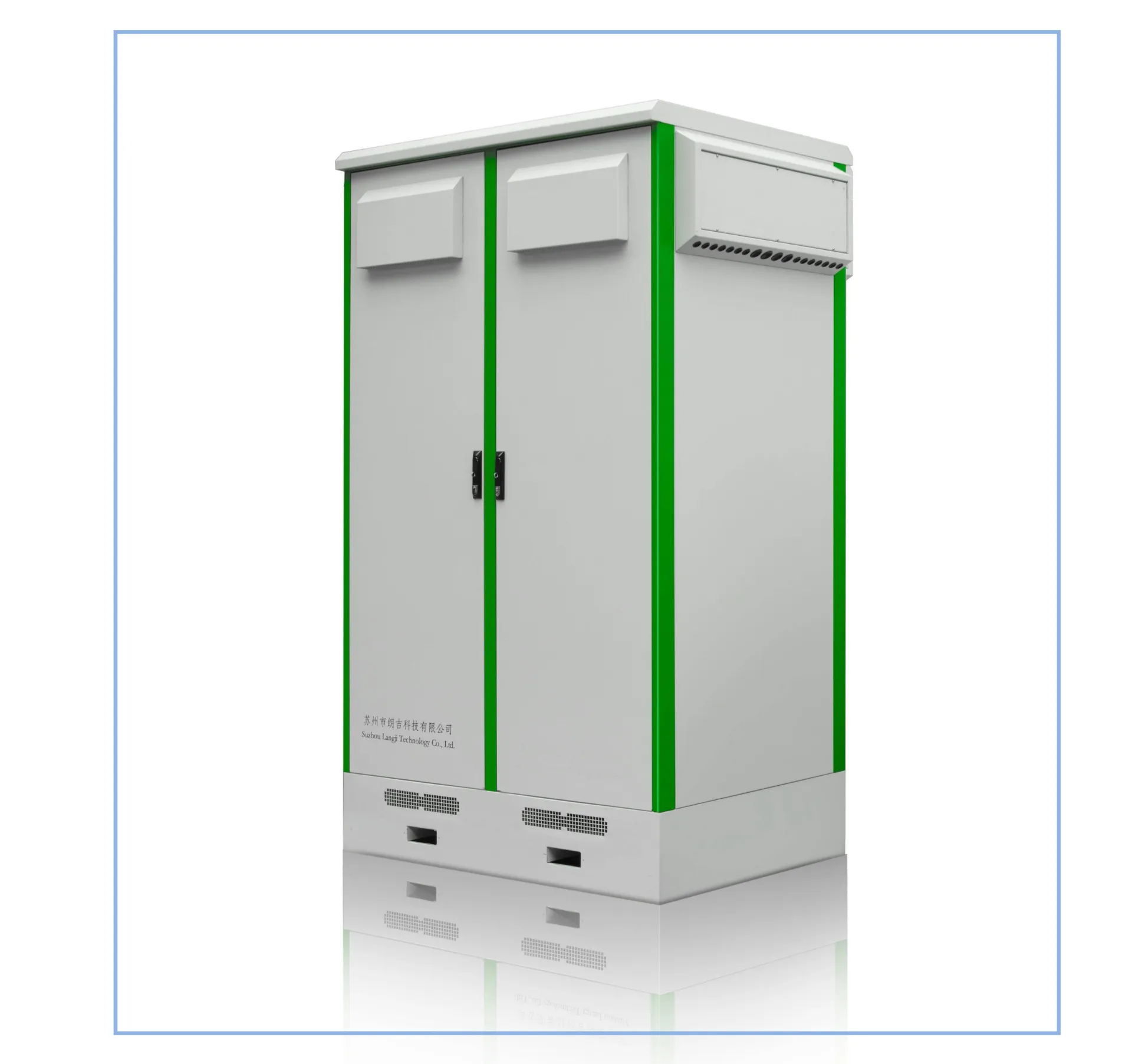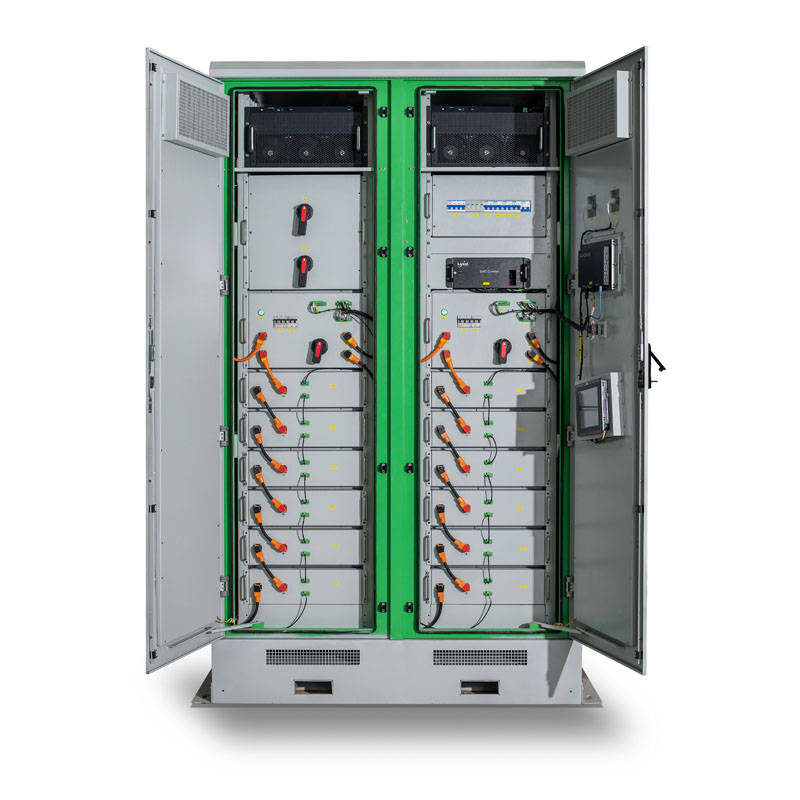
Jun . 10, 2025 02:07 Back to list
Portable Power Station Manufacturer High-Capacity & Reliable Power Solutions
- The Growing Demand for Portable Power Solutions
- Market Trends and Data Insights
- Cutting-Edge Technological Advantages
- Comparative Analysis of Leading Manufacturers
- Tailored Solutions for Diverse Applications
- Real-World Application Scenarios
- Partnering with the Right Portable Power Station Manufacturer

(portable power station manufacturer)
The Growing Demand for Portable Power Solutions
Global portable power requirements have surged 78% since 2020, driven by outdoor recreation trends and unreliable grid infrastructure. Professional users across industries demand equipment that combines durability with extended operational capacity. Mobile energy solutions now enable critical operations in remote locations where traditional power access remains unavailable.
Technological miniaturization allows contemporary units to deliver 1500W+ outputs from packages under 15kg - capabilities unimaginable five years ago. This revolution enables emergency responders to maintain life-saving equipment during blackouts, filmmakers to power cameras in wilderness locations, and construction crews to operate tools without generator fumes. The versatility of today's devices positions them as essential equipment rather than luxury items.
Market Trends and Data Insights
Projected market growth underscores the sector's momentum, with these key developments:
- Market valuation expected to reach $5.8 billion by 2028 (CAGR 8.7%)
- Residential backup usage increased 42% year-over-year
- Average capacity per unit grew from 500Wh to 1200Wh since 2020
- Commercial adoption rose 31% in the construction sector alone
Manufacturers now prioritize systems capable of powering heavy-duty equipment like medical refrigeration units or professional-grade saws. Charging speed represents another critical frontier, where industry leaders have reduced full recharge times from 8 hours to under 45 minutes for 1kWh units using proprietary technology. These performance thresholds continually redefine application possibilities.
Cutting-Edge Technological Advantages
Next-generation portable power stations incorporate several advanced features:
Battery Chemistry Innovations: Lithium iron phosphate (LiFePO4) batteries now dominate premium models, offering 3,500-7,000 life cycles versus traditional lithium-ion's 800-1,200 cycles. These thermally stable units operate safely from -20°C to 60°C.
Intelligent Power Management: Advanced processors monitor load distribution, automatically diverting energy to critical circuits during high-demand situations. Pure sine wave inverters ensure sensitive electronics receive clean power without voltage fluctuations.
Modular Expansion: Top-tier systems support daisy-chaining multiple units and external batteries, creating customizable power arrays scalable from 1kWh to over 10kWh capacity.
Comparative Analysis of Leading Manufacturers
| Manufacturer | Power Range (Watts) | Charge Time (Mins) | Battery Chemistry | Commercial Use Rating |
|---|---|---|---|---|
| EcoFlow Industrial | 3,600W-7,200W | 45 | LiFePO4 | A+ |
| Anker Power Solutions | 2,400W-4,800W | 60 | LFP/NCM Hybrid | A |
| Jackery Pro Series | 1,800W-3,000W | 75 | NCM Lithium | B+ |
| Bluetti Professional | 2,000W-6,000W | 50 | LiFePO4 | A |
Performance benchmarks reveal significant operational differences. High-demand scenarios like powering refrigerated medical transport units require sustained 1500W output - achievable primarily by top-tier LiFePO4 systems. Commercial-grade units feature IP54-rated enclosures and vibration-resistant components missing from consumer models.
Tailored Solutions for Diverse Applications
Specialized requirements drive custom engineering approaches in these segments:
Healthcare Systems: Units with hospital-grade outlets and EMI/RFI filtering sustain sensitive diagnostic equipment during outages. Critical applications demand redundant power pathways with automatic failover systems.
Film Production: Soundstage-compatible models operate silently below 30dB while delivering stable power to lighting arrays and camera systems through dedicated 20A circuits.
Construction Packages: These incorporate heavy-duty outlets supporting 240V equipment like concrete saws, with ruggedized exteriors resisting dust, impacts, and environmental exposure.
Manufacturers now offer configurable solutions including external battery racks, integrated solar controllers, and remote monitoring capabilities accessible through dedicated applications.
Real-World Application Scenarios
Recent implementations demonstrate system capabilities:
- Hurricane Relief Operations: 200+ portable stations maintained communication systems for FEMA teams across Florida, averaging 72 hours runtime on single charges
- Wildlife Research Expedition: Customized power system operated camera traps and satellite uplinks for 45 days in the Yukon without resupply
- Film Production: 4KWh silent station powered director's monitors and lighting for a 14-hour overnight shoot outside Sacramento
Reliability statistics from commercial operators reveal industry leaders maintain 99.3% operational uptime in temperature extremes between -15°C and 55°C. Properly maintained units average fewer than 0.7 service incidents per 10,000 operational hours.
Partnering with the Right Portable Power Station Manufacturer
Selecting manufacturing partners requires evaluating several critical factors beyond specifications. Production capacity directly impacts supply chain resilience - leading facilities can output 20,000+ units monthly while maintaining tight quality control. Regional compliance expertise ensures products meet international certifications including CE, UL, and RoHS.
Forward-thinking manufacturers now implement closed-loop recycling programs, recovering 94% of battery materials and enabling carbon-neutral shipping options. Ongoing R&D investment distinguishes premium manufacturers; elite facilities spend 8-12% of revenue developing next-generation technologies like solid-state battery integration and AI-powered power distribution algorithms.
Thorough vetting of environmental, safety, and manufacturing documentation remains essential before establishing production partnerships. Manufacturers holding ISO 14001 and ISO 9001 certifications typically demonstrate robust quality management frameworks capable of supporting enterprise-level contracts.

(portable power station manufacturer)
FAQS on portable power station manufacturer
Q: What does a portable power station manufacturer do?
A: Portable power station manufacturers design and produce compact, rechargeable battery units that provide off-grid electricity. They integrate lithium-ion batteries, inverters, and safety features for devices like phones, laptops, and appliances. Products range from small emergency backups to large outdoor power solutions.
Q: Why choose a specialized energy storage manufacturer?
A: Specialized energy storage manufacturers offer advanced battery technology, rigorous quality control, and scalable solutions for homes, businesses, or RVs. They ensure safety certifications (UL, CE) and long cycle life through optimized battery management systems. This expertise provides reliable backup during outages and renewable energy integration.
Q: How do portable power stations differ from generators?
A: Portable power stations are battery-powered, silent, emission-free alternatives to fuel-based generators. They require no maintenance, offer instant AC/DC/USB power, and recharge via solar/wall outlets. Generators use gasoline/diesel, produce noise/emissions, and need refueling.
Q: What innovation do energy storage system manufacturers focus on?
A: Manufacturers prioritize higher energy density batteries, faster solar recharging, and smart app integration for remote monitoring. Innovations include modular expandable capacities and compatibility with eco-friendly power sources. These improvements boost efficiency while reducing size and weight.
Q: How to select a reliable portable power station manufacturer?
A: Verify certifications (UL, FCC), warranty length (3+ years), and real-world output capacity. Assess cycle life claims (e.g., 80% capacity after 500 cycles) and safety features like temperature control. Reputable brands support transparent testing data and provide responsive customer service.
-
Advanced Energy Management System for Smart Efficiency
NewsJul.26,2025
-
Advanced Energy Management System EMS for OEM | Optimize Efficiency
NewsJul.25,2025
-
High-Efficiency Energy Storage System for OEM Solutions
NewsJul.24,2025
-
Intelligent Energy Management for Efficient Power Use at Home
NewsJul.23,2025
-
Advanced Energy Management System EMS OEM Solutions
NewsJul.22,2025
-
Efficient Energy Management System: Optimize Savings & Monitoring
NewsJul.21,2025























